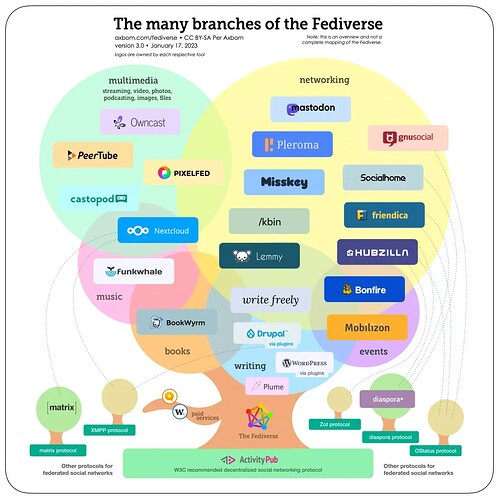I just stumbled upon the News article
Please Don’t Share Our Links on Mastodon¹: Here’s Why! by @Ankush_Das
The article has created quite some resonance in the Fediverse², not of the best kind.
Here’s a short summary of the alleged problem:
Every time, a Mastodon user shares a link to a website on the Fediverse, it gets shared further to the instances (servers) of this person’s followers. These can be quite a lot, depending on the user’s account’s number of followers.
These instances want to show the link nicely (i.e. a preview) to their users. In order to do so, they access the website, where the link points to, load its content and prepare the preview. This can generate quite a lot of traffic (hundreds or maybe thousands of http requests in a relatively short time span.
Apparently, the ItsFoss web server has difficulties handling this amount of traffic.
As I said before, this news article has created a lot of astonishment within the Fediverse, like this was a problem of an extremely poor server setup, as if this kind of problem was one of times long gone by. A common Apache server and some server side caching should be able to handle many thousands of http requests per minute.
I am not a sysadmin, so I really can’t tell, but some of you are, and might be able to give some insight.
Let’s be honest: I find it rather strange to see somebody asking for not sharing a link to their website. It’s definitely the first time, I have seen such a request.
¹Mastodon is an open source social media platform, similar to X/Twitter, BlueSky and Threads, but unlike those not owned by any corporation or a billionaire. Mastodon is part of the Fediverse².
²Fediverse: A distributed network of instances (servers), of varying sizes, ranging from Single Board Computers at somebody’s home to huge professional servers, providing social interaction via the Activitypub protocol
